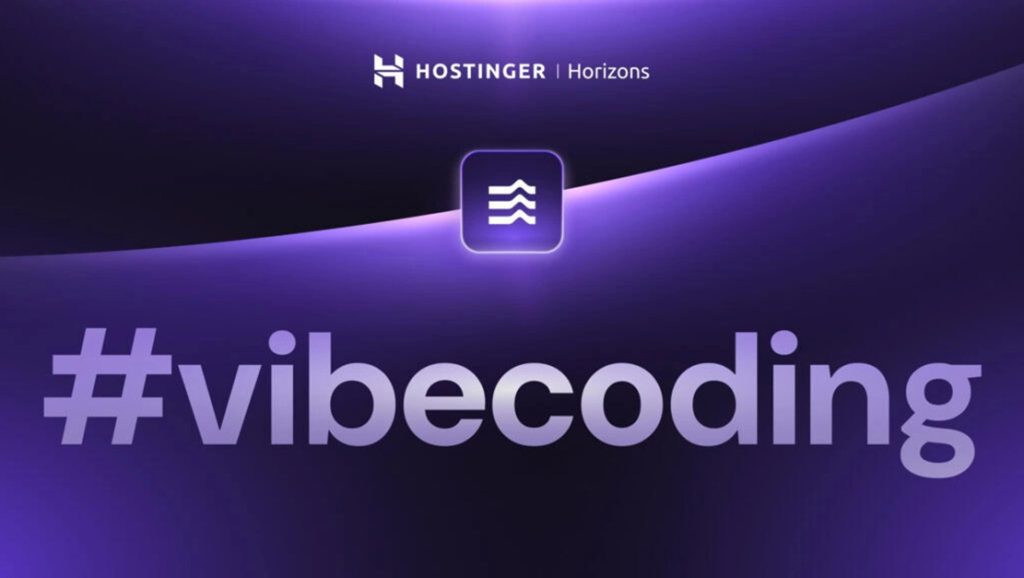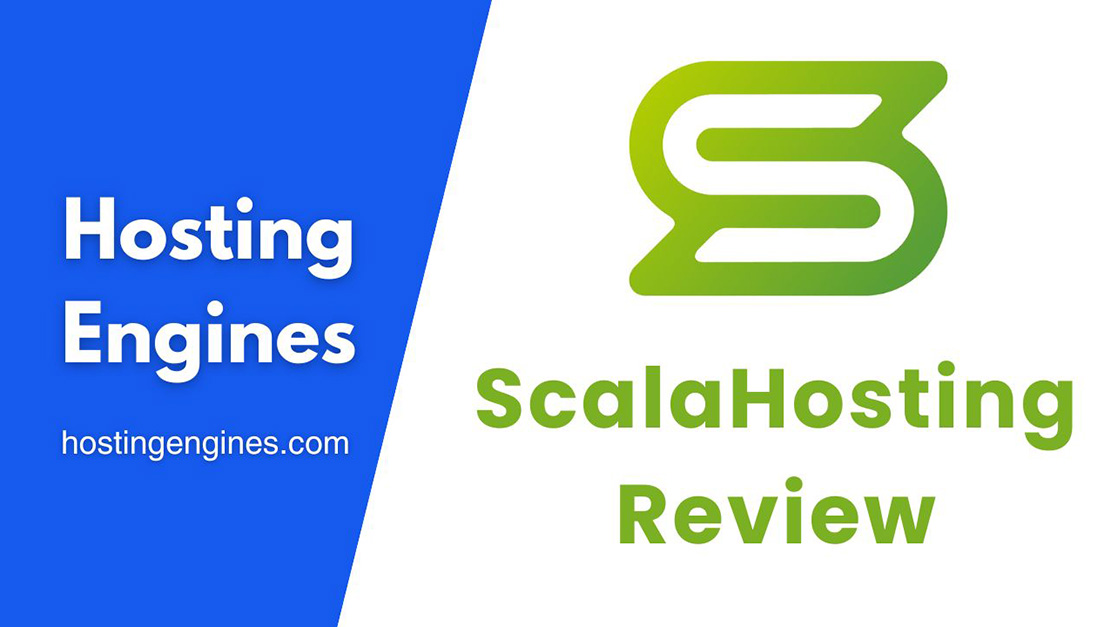In my first year of building websites, I thought a “host” was simply a place to store files. It wasn’t until later—when traffic began to increase, databases grew heavier, and loading speeds fluctuated—that I realized managed hosting is the true backbone of a website’s stability.
Over the years, I’ve tried more than a dozen hosting providers—some impressed me deeply, others made me want to request a refund immediately. Recently, I tested several well-rated managed hosting companies—Verpex, ScalaHosting, Hostinger, Chemicloud, and NameHero—over several weeks to see which ones truly delivered.
1. Why I Chose Managed Hosting
My websites mainly focus on tech-related content, which demands fast loading speeds and efficient backend management. In the early days, I used shared hosting because of its low price, but as soon as visitor numbers rose, performance dropped sharply.
Eventually, I switched to managed hosting, which offers higher performance, smarter management tools, and better technical support.
What I wanted was not just a “server,” but a service that could save me time and reduce maintenance stress.
2. The Five Hosting Providers I Reviewed
- Verpex Hosting — A rapidly growing brand known for global infrastructure and outstanding customer support.
- ScalaHosting — Famous for its proprietary SPanel control panel and cost-effective managed VPS hosting.
- Hostinger — Extremely popular among beginners for its balance of performance and simplicity.
- Chemicloud — Highly stable, with excellent customer service and WordPress optimization.
- NameHero — Specializes in high-performance cloud hosting with enterprise-grade NVMe SSD storage.
All five offer managed hosting options that support WordPress, VPS, or cloud-based hosting, with pricing ranging from a few to several dozen dollars per month.
3. My Testing Criteria
During my testing process, I focused on five main areas:
- Speed and Stability – Page load times, server response rates, and uptime over long periods.
- Ease of Use – Control panel design, setup simplicity, SSL and backup management, and general user experience.
- Technical Support – Responsiveness, professionalism, and problem-solving ability.
- Pricing and Value – Whether the cost matches the performance and how transparent the fees are.
- Scalability – How easy it is to upgrade as the website grows.

4. Verpex Hosting: A Young Brand That Balances Stability and Warmth
I first heard about Verpex through a friend who recommended it for one of my new projects. I signed up for its managed WordPress plan, and the setup process was impressively smooth. The dashboard is clean and intuitive—SSL certificates, automatic backups, and email accounts can all be configured with one click.
In terms of performance, Verpex’s global data centers make a clear difference. My main visitors are from Europe and Asia, and their servers in London, Singapore, and Los Angeles ensured consistently strong loading speeds across all regions. Over a full week of testing, my site maintained an average load time of 1.1 seconds, which is excellent.
What impressed me most was their customer support. No matter the time—day or night—I always received responses within minutes from people who clearly understood the technical issues. Once, when I mistakenly reinstalled SSL through Cloudflare, the support agent fixed it remotely without hesitation.
Verpex’s pricing is also quite reasonable, starting around $10 per month, making it a great value overall.
5. ScalaHosting: A Technically Driven “Doer”
ScalaHosting had long been on my list to try, mainly because of its proprietary SPanel control panel and SShield security system.
I tested their managed VPS plan, which felt like an entirely self-contained ecosystem. Compared to cPanel, SPanel is lighter, faster, and doesn’t come with the extra license fees that traditional panels often require.
In performance tests, ScalaHosting was extremely stable. The average European server response time stayed under 200 milliseconds, and my WordPress site earned an A grade on GTmetrix.
I especially liked the SShield protection, which constantly monitors threats in real-time and alerts users to potential risks. On several occasions when plugin conflicts occurred, SShield detected and reported them instantly.
That said, the learning curve is slightly steeper—new users might need a bit of time to get comfortable.
However, for anyone who wants more control—custom server environments, flexible resource allocation, or precise PHP management—ScalaHosting is an excellent choice.
6. Hostinger: The Star Host That Makes Starting Easy
Hostinger has been one of my most frequently used hosts since the early days. It’s well known for its modern interface, competitive pricing, and quick setup.
Their hPanel is custom-built and visually appealing, with a sleek and intuitive design. For anyone who wants a hassle-free hosting experience, Hostinger is ideal.
Performance-wise, Hostinger is slightly behind ScalaHosting, but still strong. My WordPress site loaded in 1.3 seconds on average, and uptime consistently stayed above 99.9%.
The automatic backups and LiteSpeed caching features are lifesavers, keeping the website running smoothly even during plugin issues.
Hostinger’s support isn’t as instantly available as Verpex’s, but its knowledge base is thorough—most problems can be solved independently.
In short, Hostinger offers a “frictionless” experience that’s perfect for newcomers or those who want their site to run on autopilot.
7. Chemicloud: Subtle Elegance Behind Rock-Solid Stability
I first noticed Chemicloud through online communities where developers praised its reliability and customer service. After two months of testing, I understood why.
Chemicloud runs entirely on cloud architecture, meaning if one node fails, another immediately takes over—downtime is practically nonexistent.
Speed was excellent; in my Pingdom tests, the homepage loaded in 1.05 seconds from the U.S., making it one of the fastest hosts I’ve tried.
Its cPanel-based dashboard is refined and optimized. Features like automatic SSL installation, daily backups, and mail protection are all enabled by default.
I particularly appreciated their free migration service—they moved an entire old site to my new server in under two hours, flawlessly.
If there’s one downside, it’s that Chemicloud is slightly more expensive than average. However, considering its performance and reliability, it’s well worth it—especially for eCommerce or content-heavy sites that can’t afford downtime.
8. NameHero: A Powerhouse for High-Performance Needs
I’d heard of NameHero years ago—its reputation for NVMe SSD storage and LiteSpeed servers precedes it.
To test it, I deployed a media-heavy website under its Cloud Web Hosting plan, and the results were stunning: the homepage (with nearly 100 images) loaded in 0.9 seconds, making it the fastest host in my review.

The familiar cPanel interface felt smoother than usual, thanks to their backend optimizations. Features like free Cloudflare integration and automatic daily backups were both very convenient.
However, the control panel includes many settings, which can be overwhelming for absolute beginners. For users who prioritize performance and reliability, though, it’s absolutely worth it.
Customer service was decent—responses took a few minutes, but the agents were competent and helpful.
If your site handles large amounts of content, media, or traffic spikes, NameHero’s infrastructure can give you a noticeable boost.
9. Highlights from My Overall Experience
- Verpex: Great support and global speed consistency.
- ScalaHosting: Best for technical users; flexible VPS + SPanel setup.
- Hostinger: Easiest to use and highly affordable.
- Chemicloud: Exceptionally stable with excellent migration service.
- NameHero: Powerful performance, ideal for demanding sites.
Each host has unique strengths—it’s less about finding “the best” and more about finding the right fit for your website’s needs.
10. My Final Choice and Reflections
After nearly two months of side-by-side testing, my main websites are now hosted on Verpex and ScalaHosting. The former gives me peace of mind, and the latter gives me control.
Hostinger remains my top recommendation for beginners—it just works.
Chemicloud and NameHero, meanwhile, are my go-to backup choices for projects that experience heavy traffic surges.
Looking back, I’ve realized one key truth:
A good managed host isn’t just a tool—it’s a partner in your website’s long-term growth.
Choosing the right one means spending less time fixing and more time creating.













+ There are no comments
Add yours